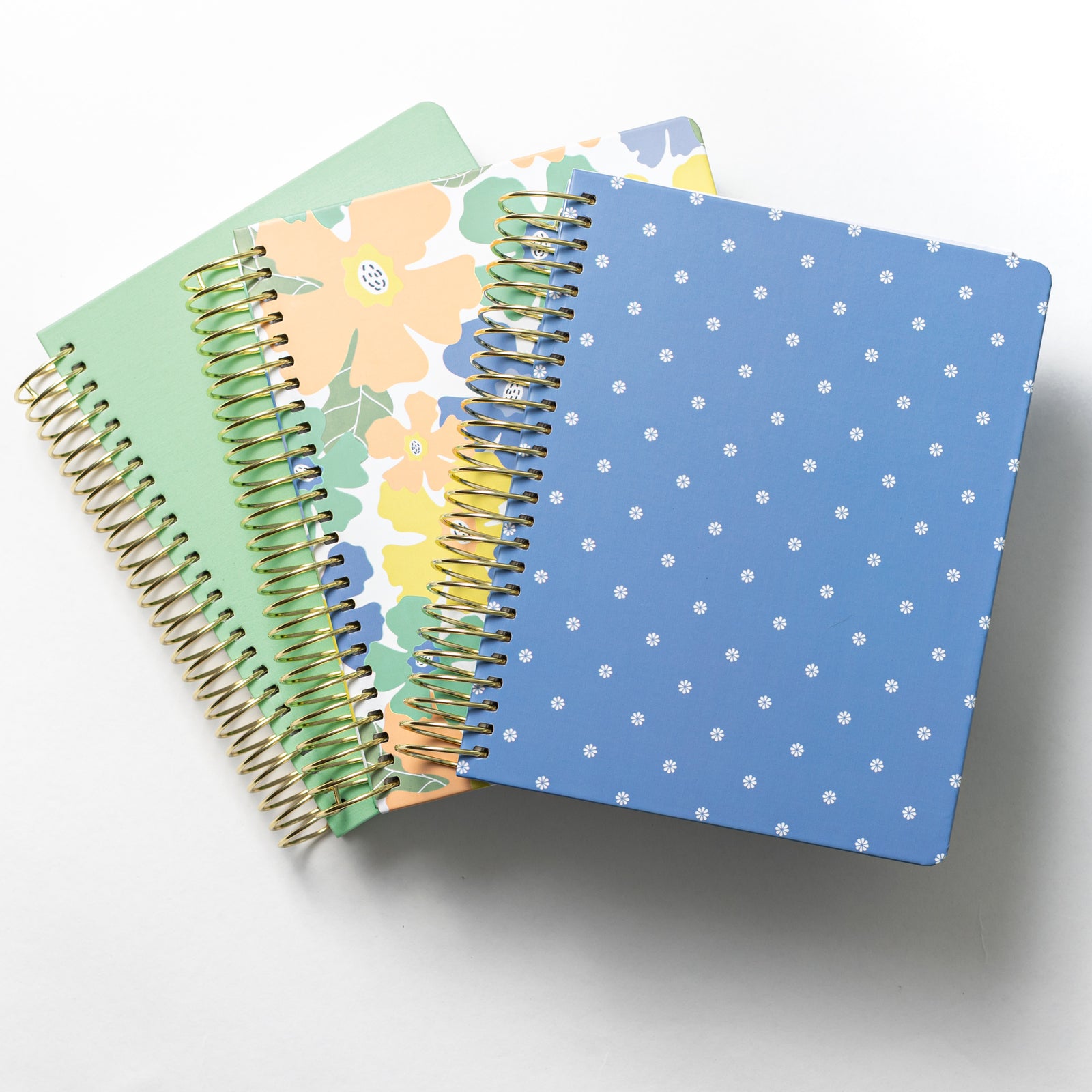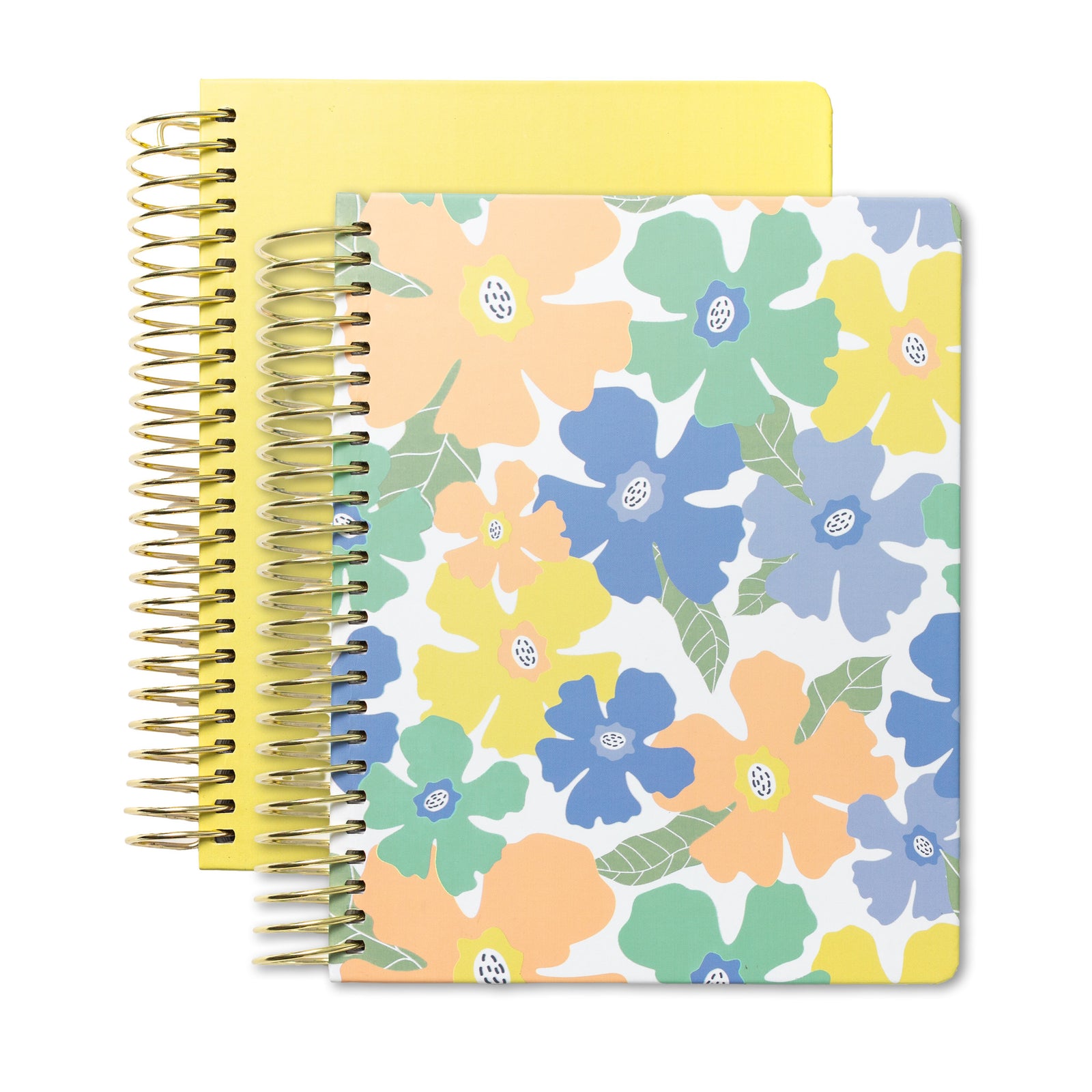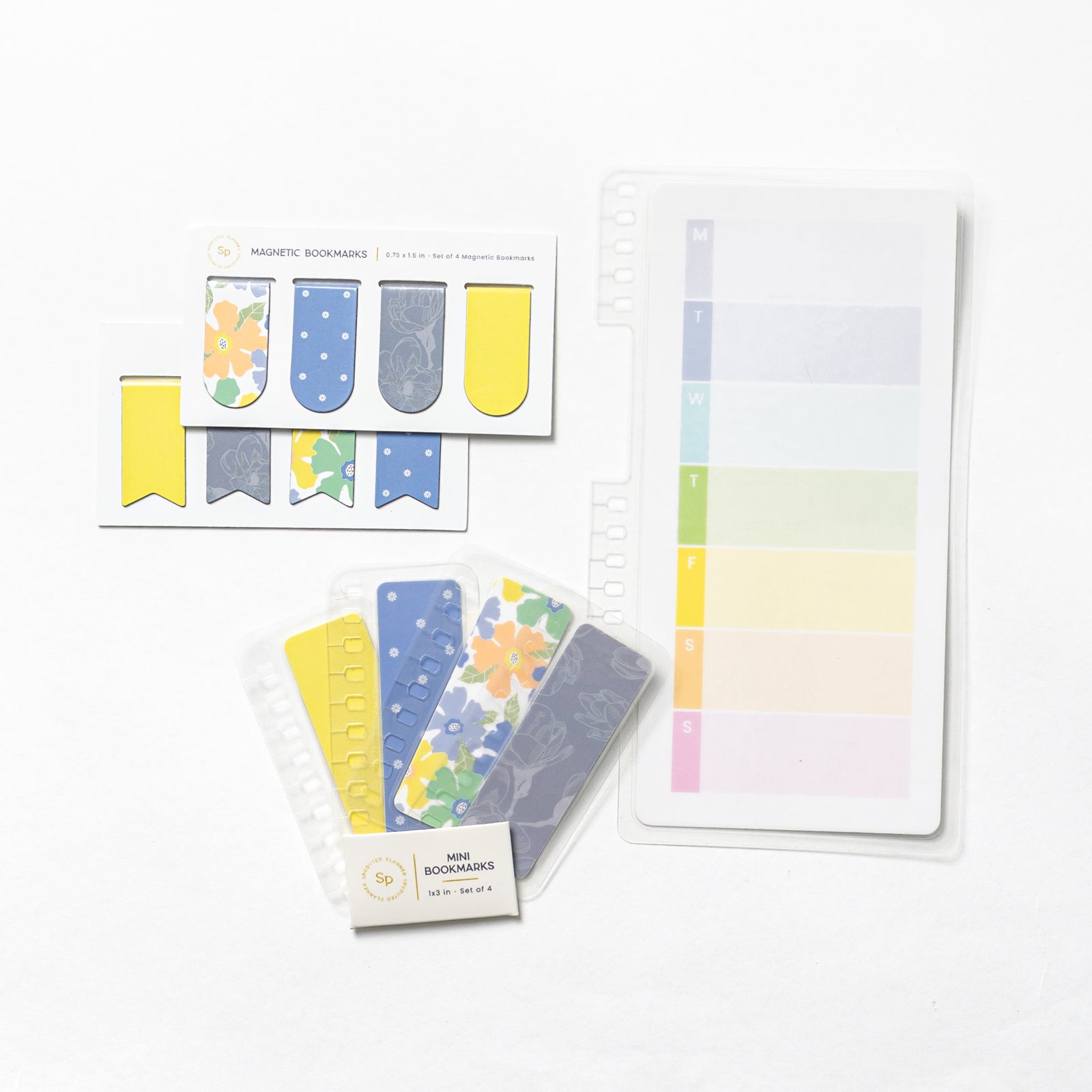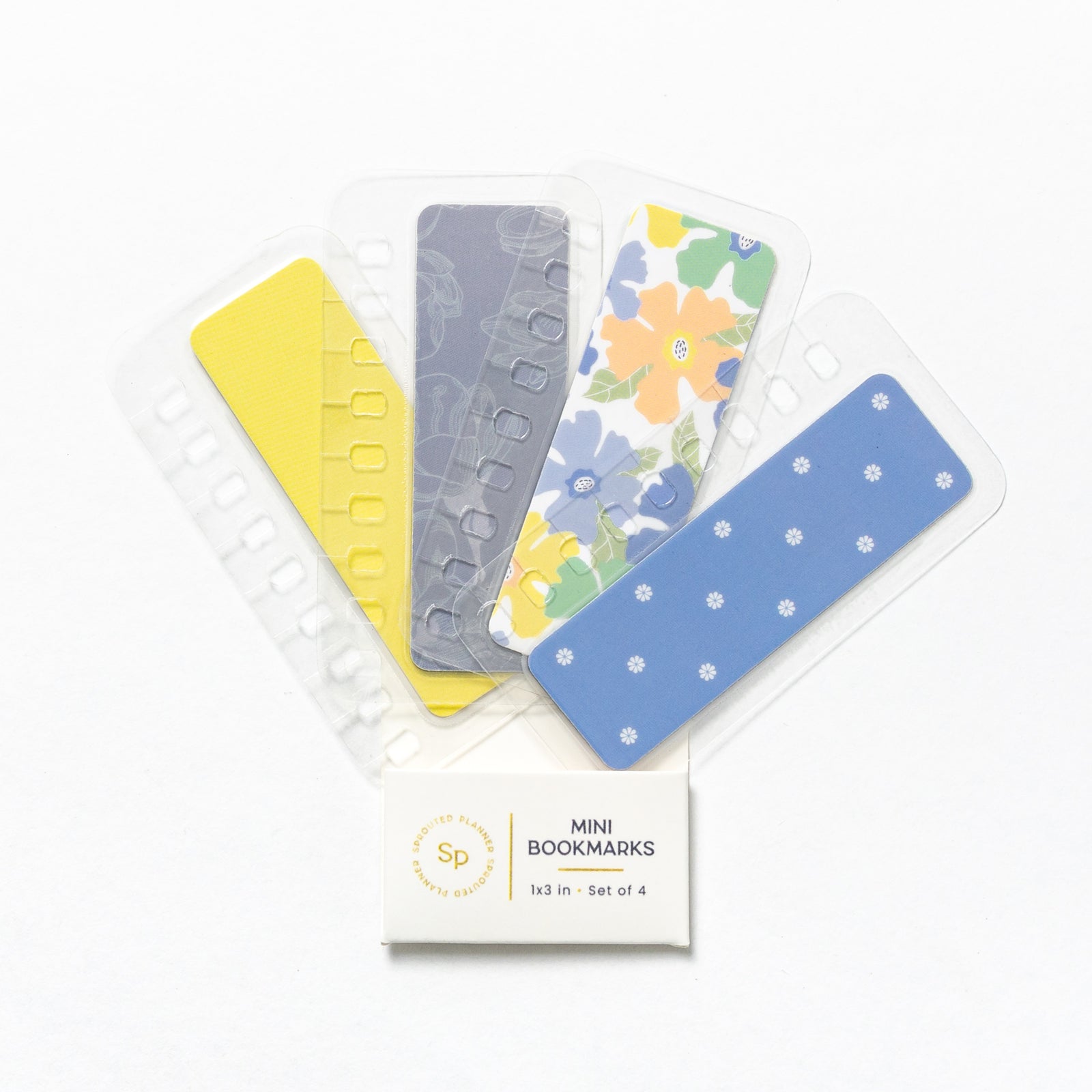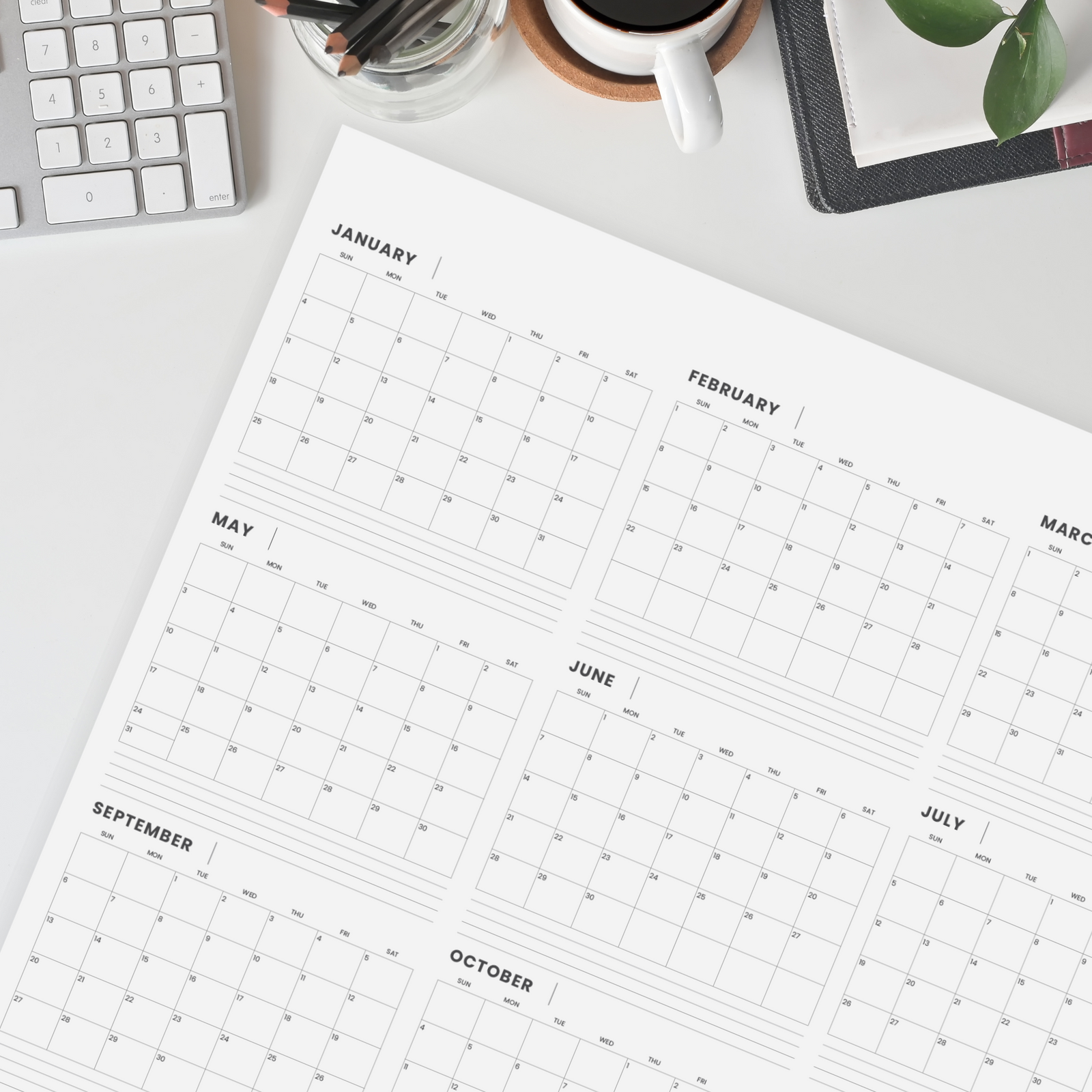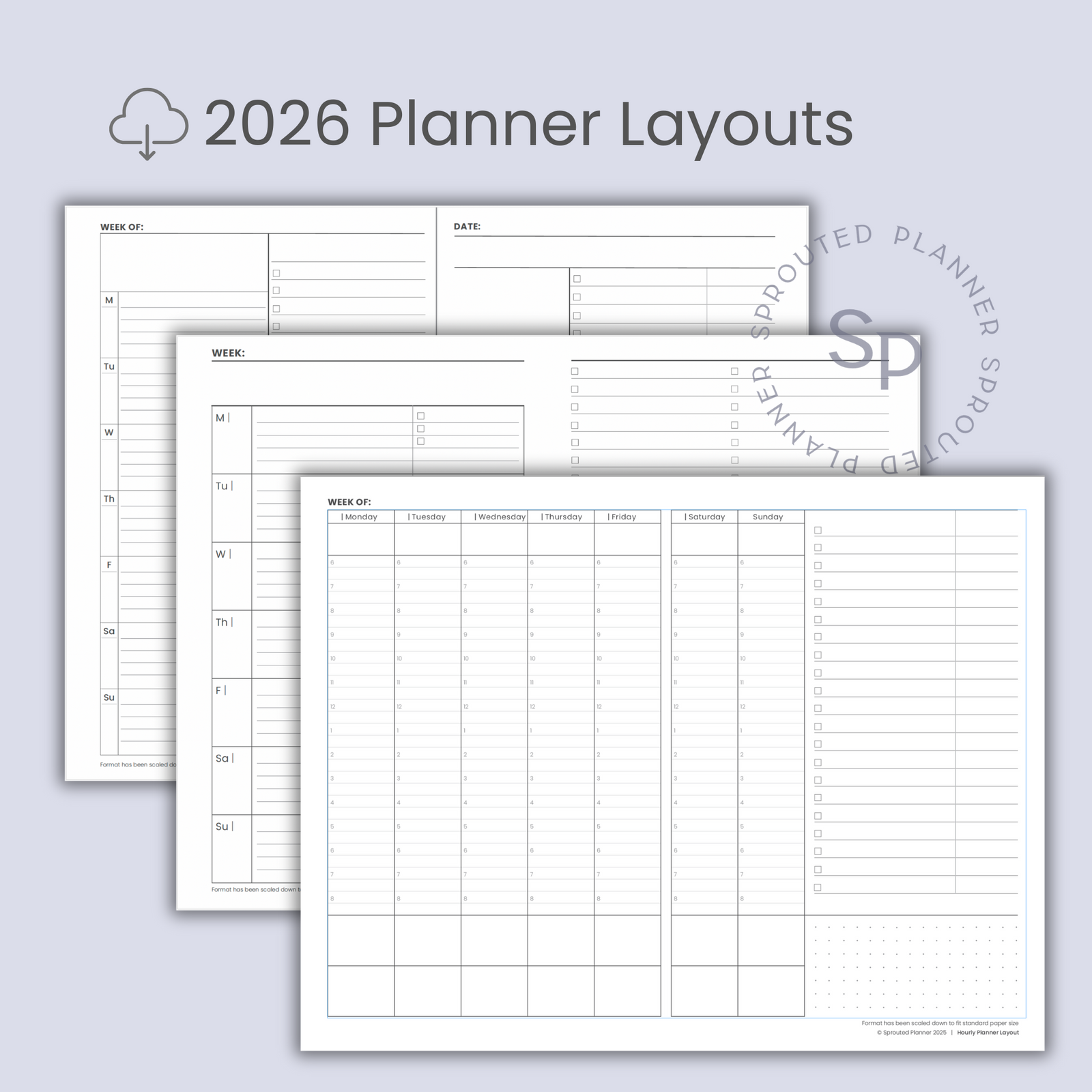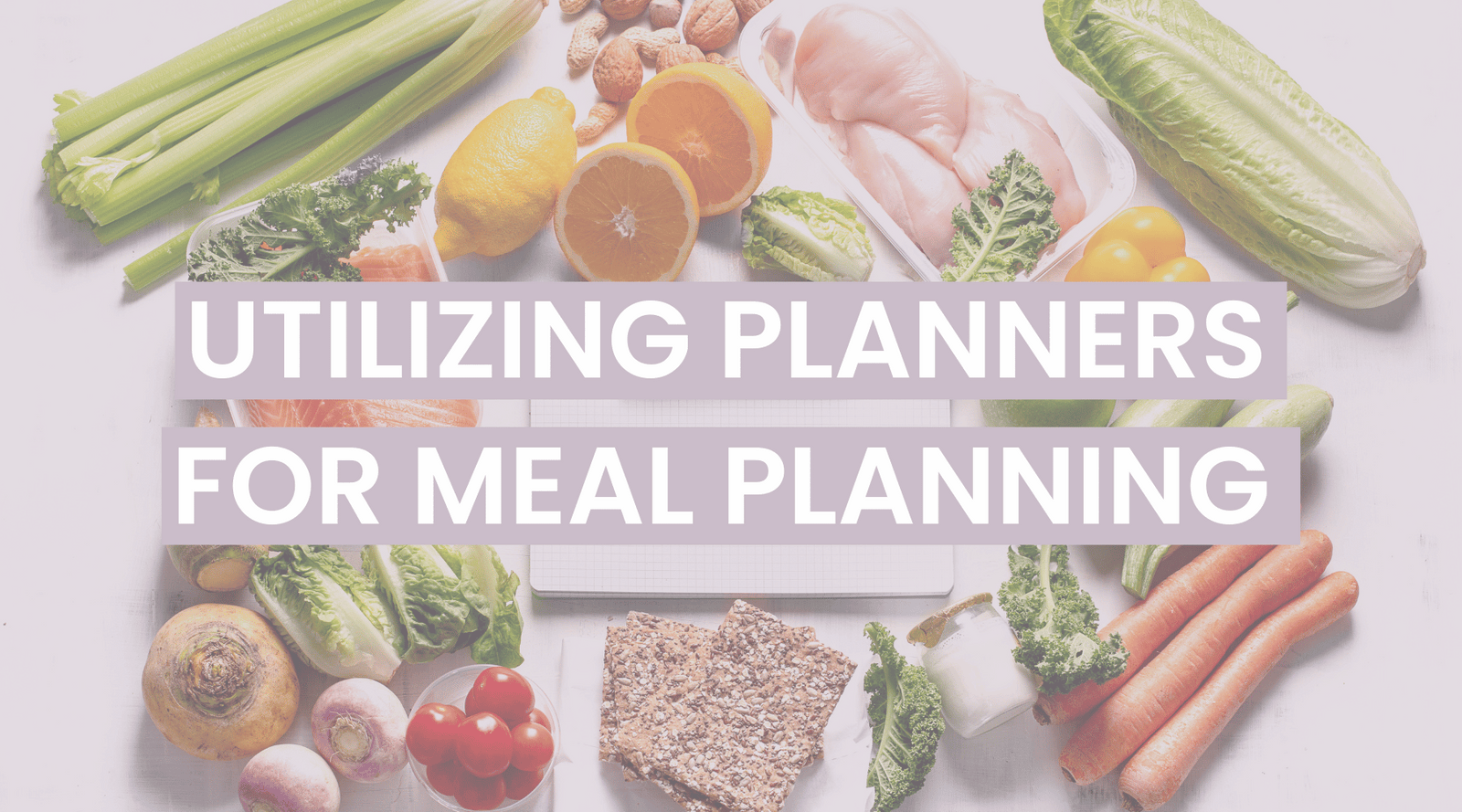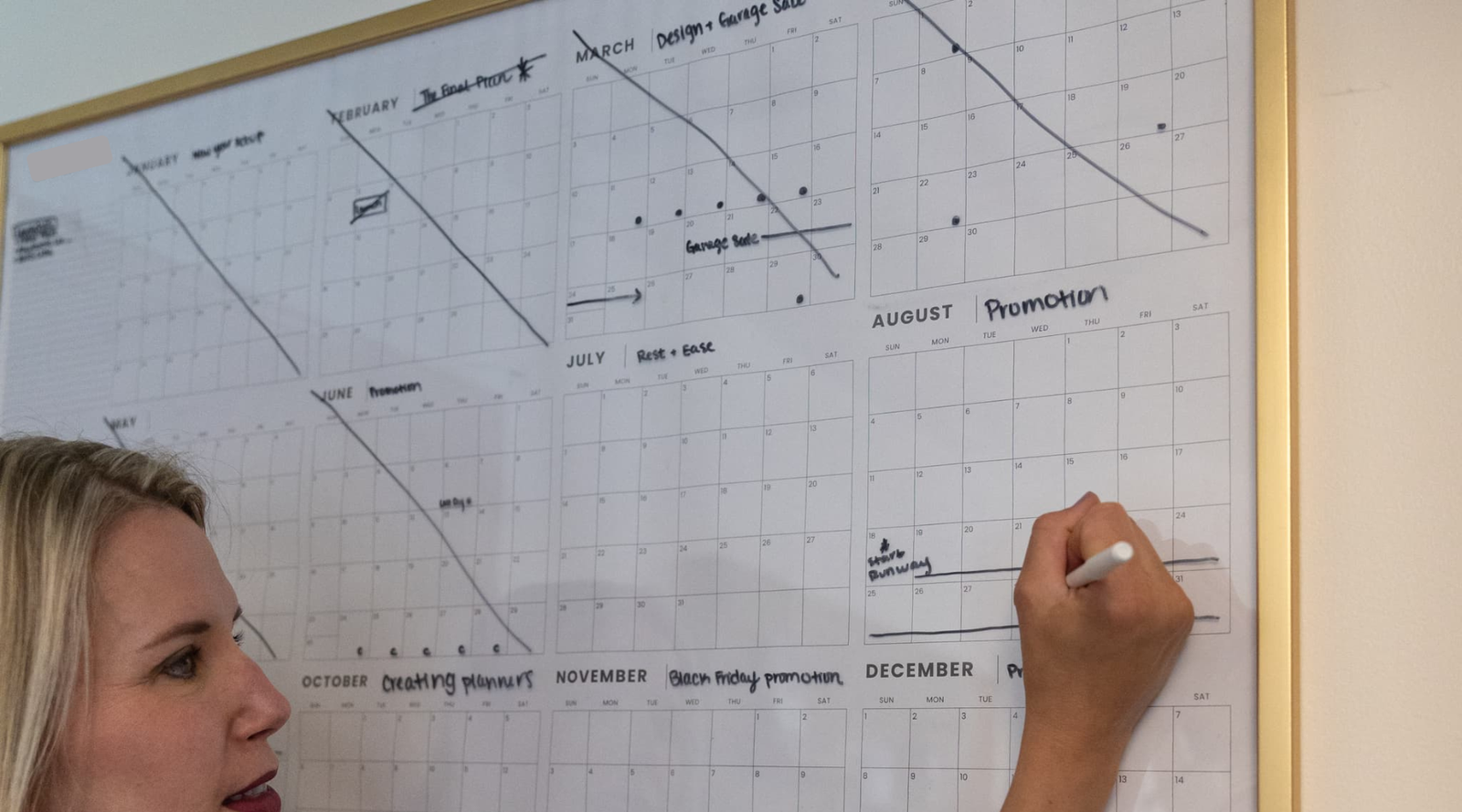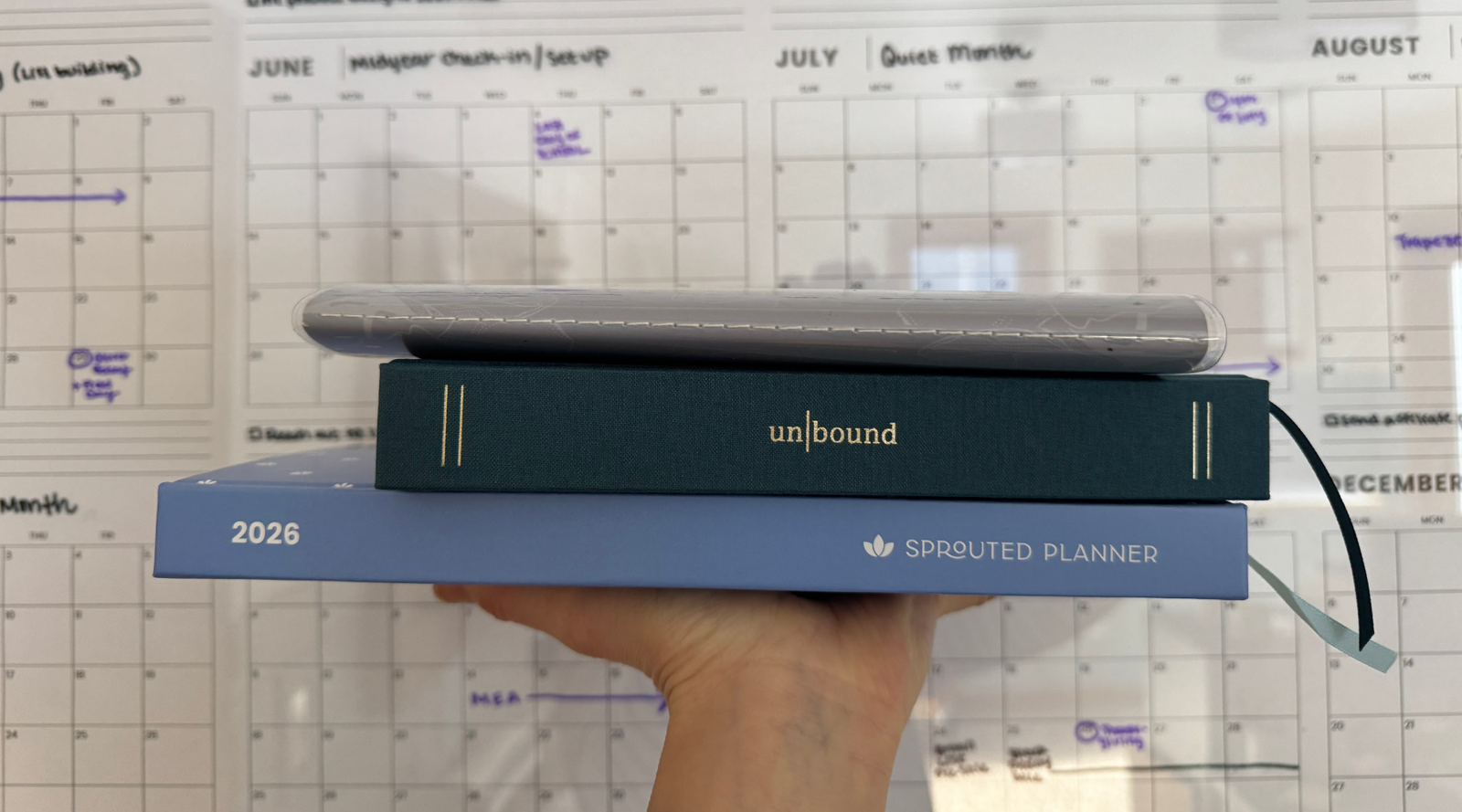Meal planning stands as a cornerstone for healthier living, providing a structured approach to nutritional and diet planning that, when combined with a daily planner, can significantly simplify this task. By integrating meal prep into daily planning routines, individuals can enjoy a myriad of benefits, including improved dietary habits, more efficient grocery shopping, and reduced food waste. This integration not only streamlines the process of eating healthily but also supports optimal wellness by ensuring balanced and nutritious meals are part of an everyday organizer.
The Role of Meal Planning in Achieving Healthier Living
Nutritional Planning and Diet Planning are critical strategies in steering individuals toward healthier eating habits, profoundly influencing their total wellness and quality of life. By engaging in meticulous meal planning, individuals are empowered to ensure they consume the precise balance of nutrients necessary for sustaining optimal health. This proactive strategy goes beyond mere dietary adjustments; it fosters a healthier lifestyle characterized by discipline and a mindful approach to food consumption.

The disciplined practice of planning meals in advance enables individuals to avoid the pitfalls of impulsive eating choices, often triggered by hunger or convenience, leading to the consumption of less nutritious options. By having a well-thought-out meal plan, individuals can shop for ingredients with purpose, reducing food waste and possibly even saving money in the long run.
Moreover, the benefits of such planning extend well beyond physical health. A balanced and nutrient-rich diet has a direct impact on mental well-being, improving mood, cognitive function, and energy levels. This holistic enhancement of physical and mental health significantly contributes to a higher quality of life. Meal planning, therefore, stands out not just as a method for improving dietary habits but as a transformative approach to enriching one’s lifestyle, underscoring the profound and multifaceted influence of nutritional and diet planning on overall well-being.
Click here to read a blog about a clean eating meal plan for beginners!
How a Weekly Planner Facilitates Effective Meal Planning
A weeklyplanner can truly transform the way you manage your dietary habits, acting as a powerful tool in organizing and streamlining your meal planning processes. By meticulously scheduling your meals and planning your food intake, you can take a proactive step towards maintaining a healthy and balanced diet. Dedicating specific sections of your planner to meal planning allows you to carefully map out each meal for the week. This deliberate planning helps ensure that your diet remains balanced, rich in nutrients, and diverse, steering you clear of the common trap of resorting to last-minute, less nutritious food choices that might seem convenient but are often detrimental to your health goals.

Moreover, integrating a detailed grocery shopping list into your planner can revolutionize your shopping experience, making it more efficient and purpose-driven. By listing exactly what ingredients you need for the week's meals, you can avoid impulse purchases and stick to buying only what's necessary for your planned dishes. This not only saves time and reduces food waste but also helps in better budget management by cutting down on unnecessary expenses.
Read this blog about why you should keep track of your grocery list!
Incorporating a section for tracking nutritional intake is another significant advantage of utilizing a daily planner for meal planning. This feature allows you to keep a close eye on your daily consumption of various nutrients, calories, and other dietary components. Monitoring your eating habits over time gives you valuable insights into your dietary patterns, enabling you to make informed adjustments as needed to align with your health and nutrition goals.
Here is a blog about why you should keep track of what you eat and create a food diary!
Embracing this holistic approach to meal planning does more than just organize your meals; it fosters a healthier lifestyle grounded in informed and mindful food planning. By taking control of what you eat, how you shop for it, and monitoring its impact on your body, you can achieve a more balanced, healthy diet that supports your overall well-being. This comprehensive strategy not only ensures a well-organized meal plan but also promotes a more nutritious, mindful, and sustainable approach to eating and living.
Setting Up Your Weekly Planner for Meal Planning Success

Organizing a Weekly Planner with Meal Planning
- Choose Your Planner: Select a planner that offers daily sections with enough space for meal planning details.
- Outline Your Goals: Start by outlining your nutritional goals. This could include calorie targets, specific nutrients to focus on, or dietary restrictions.
- Weekly Meal Planning:
- Plan Your Meals: Dedicate a day each week (e.g., Sunday) to plan your meals for the coming week. Consider breakfast, lunch, dinner, and snacks.
- Recipes Section: Create a section for recipes. You can categorize them by meal type or ingredients. Include a mix of your favorite recipes and new ones to try.
- Shopping List: From your meal plan, create a shopping list. Organize it by grocery store sections (produce, dairy, etc.) to make shopping more efficient.
- Daily Entries:
- Meal Slots: For each day, have slots for each meal and snack. Next to each, note the recipe name or meal idea.
- Preparation Notes: Include any prep work or cooking instructions needed for the day's meals. This can help in managing time effectively.
- Track Your Progress:
- At the end of each day, make a note of any deviations from the plan and why. This can help in adjusting future plans for better adherence.
- Track your nutritional intake if it aligns with your goals. This could be simple notes or detailed tracking, depending on your objectives.
- Review and Adjust: At the end of each week, review your meal plan's success. Adjust your recipes, shopping lists, and meal choices based on what worked and what didn’t.
- Incorporate Flexibility: Leave some days partially unplanned or have options for eating out. This helps to keep the plan realistic and manageable.
By following these steps, your weekly planner will not only organize your schedule but also ensure that you are aligned with your nutritional goals, making meal management an integral part of your daily routine.
Tips for Incorporating Meal Planning Into Your Daily Routine

-
Start Your Day with a Plan: Begin each morning by reviewing your schedule and deciding what meals you'll have throughout the day. This ensures that meal planning becomes a natural part of your daily routine, contributing to your overall wellness.
-
Prep in Advance: Dedicate a portion of your weekend or any free day to meal prep. Cooking in batches and storing meals can save you a lot of time during the week and keep you on track with your wellness goals.
-
Keep It Simple: Simplify your meals by focusing on whole, nutrient-rich foods. This approach not only makes meal planning easier but also supports optimal wellness by nourishing your body with essential nutrients.
-
Incorporate Variety: To prevent boredom and ensure a range of nutrients, vary your meals. Trying new recipes or ingredients can make meal planning an exciting part of your daily routine.
-
Listen to Your Body: Pay attention to how different foods make you feel and adjust your meal planning accordingly. Eating in a way that supports your body's unique needs is key to achieving optimal wellness.
-
Use Technology: Leverage meal planning apps and online resources to streamline the process. These tools can offer inspiration, reminders, and tips to integrate meal planning into your lifestyle effortlessly.
-
Make It Social: Share the responsibility of meal planning with family members or roommates. Making it a shared activity can add a fun element to meal planning and lighten the workload.
By incorporating these strategies, meal planning can become an enjoyable and seamless part of your daily routine, laying a strong foundation for optimal wellness.
Meal Prep 101: Saving Time and Eating Healthily
Meal Prep is a foundational strategy for anyone looking to streamline their dietary habits and ensure a consistent intake of healthy meals. It involves the process of planning, preparing, and storing meals in advance. This technique not only saves time during busy weekdays but also helps in maintaining a balanced diet. By dedicating a few hours to meal prep each week, individuals can avoid the temptation of fast food and make healthier eating choices. This approach to food management allows for a more organized and stress-free week, as meals are ready to be consumed with minimal additional preparation required.

Incorporating Meal Prep into a Day-to-Day Calendar is a practical method to align meal prepping activities with daily planning practices. By scheduling specific times for meal preparation, individuals can create a seamless routine that supports their lifestyle and dietary goals. This can include setting aside time on the weekend for bulk cooking or allocating a few minutes each morning to pack lunches. Using a daily planner to map out meal prep times ensures that these activities become integral parts of the day, rather than afterthoughts. Moreover, planning meals in accordance with the calendar helps in avoiding food waste, as it encourages the use of all prepared items throughout the week. Integrating Meal Prep with a Day-to-Day Calendar ultimately fosters a disciplined approach to eating that promotes overall well-being.
Overcoming Common Meal Planning Challenges
Meal planning can often be hinderedby common obstacles such as time constraints and dietary restrictions. To overcome these challenges, consider setting aside a specific time each week to plan your meals, making the process more manageable and less time-consuming. Utilize meal prep techniques that save time throughout the week and explore a variety of recipes that cater to any dietary needs. By planning ahead and being mindful of these restrictions, you can create a meal plan that is both flexible and accommodating, ensuring you stay on track with your dietary goals while also fitting into your busy schedule.
Get Ready to Integrate Meal Planning into Your Daily Planner
Integrating meal planning into your daily planner is a key step towards a healthier lifestyle. It not only simplifies the process of deciding what to eat but also ensures that you are making nutritious choices throughout the week. Starting your meal planning journey can be easy and highly beneficial, especially when you utilize a daily planner to keep track of your meals. This habit can lead to better health outcomes and can even save you time and money. We encourage you to share your meal planning success stories or tips in the comments section to inspire and help others embark on this rewarding journey. Shop our weekly planners here to start your meal planning journey today!


